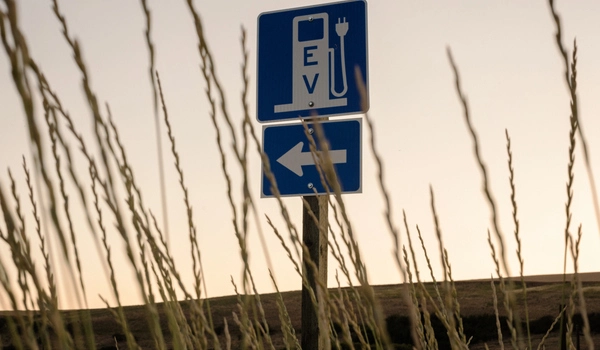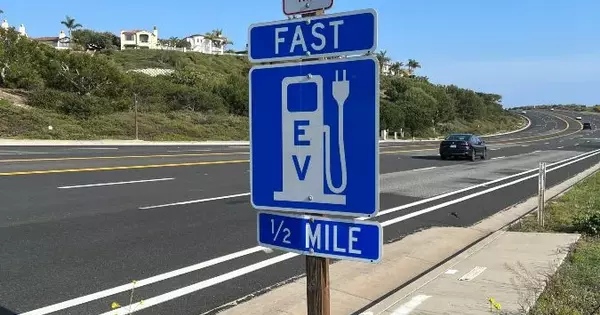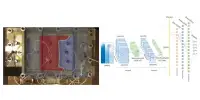A new study shows that electric vehicles can be used in even the most remote areas of Australia, providing new hope for how the technology can be spread to the world’s most remote locations. According to the study, the vast majority of residents, or 93 percent, could travel to essential services in even the most basic electric vehicles currently available on the Australian market without needing to recharge en route.
According to a new study from The Australian National University, electric vehicles can handle the distances required to travel to essential services in remote and regional Australia. According to co-author Dr. Bjorn Sturmberg, the findings show that using electric vehicles in remote communities is more feasible than might be expected.
“We analyzed the distances between people’s homes and the nearest “service hub” towns – where they might go to do the shopping, for example,” Dr. Sturmberg, said. “The vast majority of residents, or 93 percent, could do those trips with even the lower range of electric vehicles currently available on the Australian market. That’s without needing to recharge en route.”
The transport sector is responsible for 25% of global emissions and more than 18% of Australia’s greenhouse gas pollution. It must rapidly decarbonize, and electric vehicles will be a critical part of that decarbonization.
Dr. Sturmberg
Dr. Sturmberg said given this, there’s no excuse for leaving our remote communities out of the discussion.
“We must do better; electric vehicles should not be relegated to the “too difficult basket.” If remote and regional communities are the last to be left driving diesel vehicles, it is an inequitable and unfair path forward, especially given that they will be among the hardest hit by catastrophic climate change “Sturmberg stated.
“Yes, the barriers are obvious: long distances and unpaved roads. However, the advantages are equally obvious. It is difficult and costly to transport diesel to these communities, and electric engines are simpler and more robust than fuel engines.”

Co-author Dr. Francis Markham added there are some limits to what we know, and aspects that need further investigation.
“For example, we still don’t have clear data on the impact of unsealed roads or different conditions on the effective range of electric vehicles,” Dr. Markham said. “And data on the performance of electric vehicles in extreme heat is still scarce. However, we are confident that electric vehicles have a place in regional and remote Australia.”
According to the researchers, transportation is one of the most important issues we must address in order to mitigate the worst effects of climate change.
“The transport sector is responsible for 25% of global emissions and more than 18% of Australia’s greenhouse gas pollution,” Dr. Sturmberg said. “It must rapidly decarbonize, and electric vehicles will be a critical part of that decarbonization.”
















